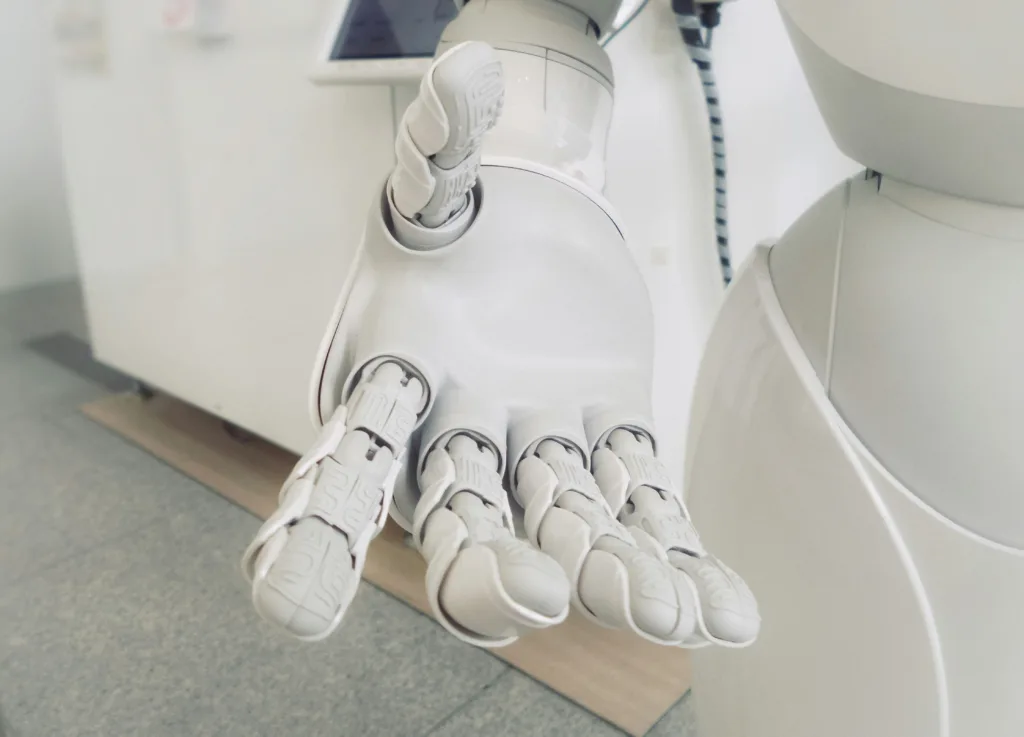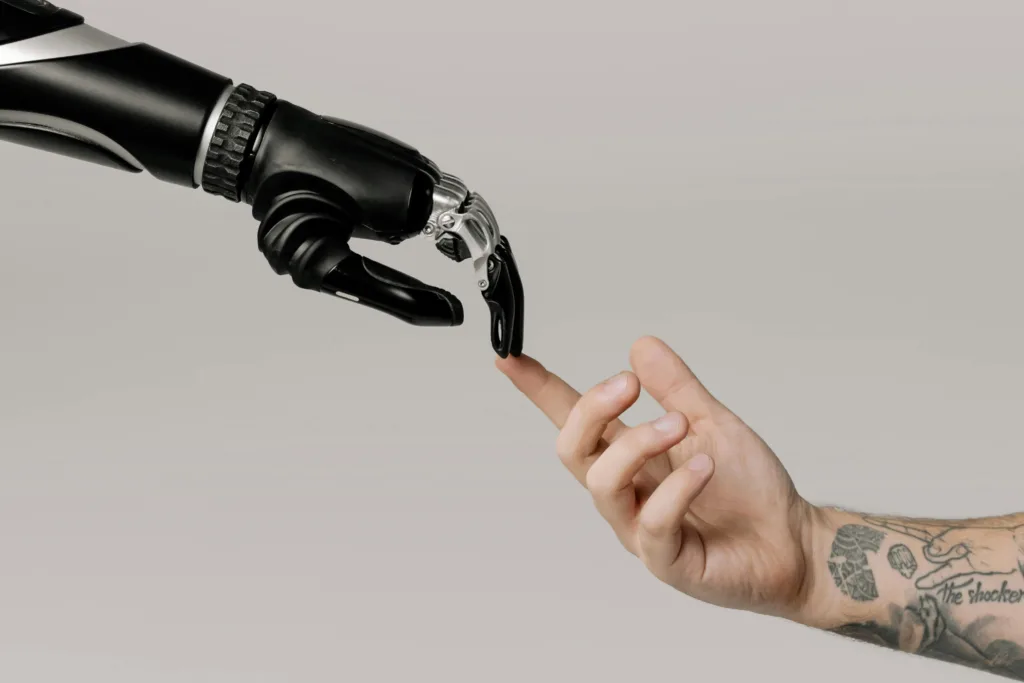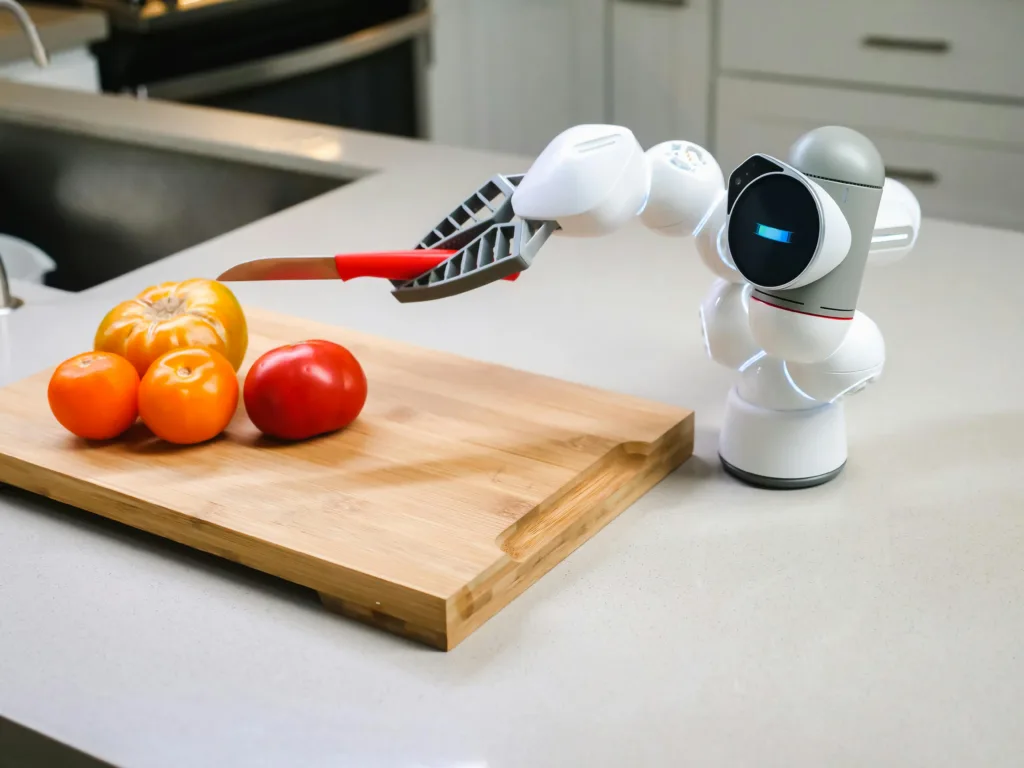Artificial Intelligence (AI) is revolutionizing the healthcare industry, offering innovative solutions to enhance patient care, streamline operations, and advance medical research. As AI technologies continue to evolve, their applications in healthcare are expanding, providing significant benefits to patients, healthcare providers, and researchers. This detailed, up-to-date, and informative article explores the current and future applications of AI in healthcare, delving into how these technologies are transforming the industry.

Current Applications of AI in Healthcare
1. Diagnostic Imaging and Radiology
AI has made significant strides in diagnostic imaging and radiology, where it aids in the detection and diagnosis of diseases.
- Enhanced Imaging Analysis: AI algorithms can analyze medical images such as X-rays, MRIs, and CT scans with high accuracy, often surpassing human capabilities. According to a study published in The Lancet Digital Health, AI systems have achieved diagnostic accuracy rates of up to 94.5% for identifying certain conditions, such as lung cancer and breast cancer.
- Early Detection: AI can detect early signs of diseases like cancer, enabling timely intervention and improving patient outcomes. Google’s DeepMind has developed an AI system capable of detecting breast cancer with a greater accuracy than radiologists, reducing false positives by 5.7% and false negatives by 9.4%, as reported by Nature.
2. Predictive Analytics and Risk Assessment
AI-powered predictive analytics can assess patient data to predict health risks and outcomes.
- Patient Monitoring: AI systems can continuously monitor patient vital signs and alert healthcare providers to potential issues before they become critical. This is particularly valuable in intensive care units (ICUs), where timely intervention can save lives. According to JAMA, predictive analytics in ICUs can reduce mortality rates by up to 20%.
- Risk Stratification: AI can stratify patients based on their risk of developing chronic diseases such as diabetes or heart disease, allowing for personalized preventive care plans. A study by Mayo Clinic demonstrated that AI algorithms could accurately predict heart disease risk with an AUC (Area Under the Curve) of 0.89, significantly improving early intervention strategies.
3. Drug Discovery and Development
AI collaborates information to help reduce the time to deliver new drugs and thus the cost of delivery.
- Drug Repurposing: Another method in which AI enhances drug development is by being able to determine other uses for existing drugs, which cuts down time. For instance, IBM Watson was applied to repurpose the drugs for the treatment of the rare diseases, cutting down the time and cost of the research by far.Nature Biotechnology states that artificial intelligence used in drug repurposing has the capability of cutting down the time for developing a drug from 4- 6 years to 1- 2 years.
- Predictive Modeling: It becomes possible to predict how various drug compounds are going to work in order to target biological targets, and how this will minimize the wasted time used in pre-clinical trials. This technology can bring down the cost of drug development to less that seventy percent and this is according to Nature Biotechnology.
4. Personalized Medicine
AI helps to create unique treatment protocols for every patient according to his condition.
- Genomic Analysis: Among the capabilities of AI is the ability to look into every genetic aspect of the patient and determine the required course of action as per the subsequently induced mutations. This is especially true in oncology given precision medicine’s importance in the disease. A research in The New England Journal of Medicine discussed the application of the AI system on genomic analysis that offers better treatment prognosis to cancer through the recognition of the best form of treatment depending on their genomics.
- Treatment Optimization: The AI systems are capable of suggesting the best treatment regimes according to the patients’ profile characteristics and genetics, thus increasing the chances of the positive outcome. Personalized care strategies that take into consideration the genetics and the environmental conditions of the patient can increase the patients’ longevity by as much as 40%, a source in PLOS Medicine says.
Future Applications of AI in Healthcare
1. Virtual Health Assistants
Virtual health assistance with the help of AI can be present as 24/7 caregivers helping patients with their health conditions and consulting them.
- Patient Engagement: The AI implementation can entail the use of chatbots and virtual assistants to respond to the inquiries of patients, set appointments and give out reminders on medication. Accenture’s analysis shows that virtual health assistants help to decrease the rate of readmissions by 20% as well as increase the level of satisfaction among the patients due to more effective and relevant healthcare information provision.
- Chronic Disease Management: AI has the ability to track and maintain illnesses and ailments since it can analyze the patient’s records and advice appropriately. This constant support assists the patients to stay compliant to the recommended treatment regimens and therefore have better, healthier lives.
2. Robotic Surgery
AI-powered robotic systems are set to revolutionize surgical procedures, offering greater precision and reducing recovery times.
- Minimally Invasive Surgery: AI-driven robotic surgery systems can perform complex procedures with high precision, reducing the risk of complications and promoting faster recovery. According to Harvard Business Review, robotic surgery can reduce postoperative complications by 30% and decrease hospital stays by an average of 1.5 days.
- Surgeon Assistance: AI can assist surgeons by providing real-time data and predictive analytics during surgery, enhancing decision-making and improving outcomes. The da Vinci Surgical System, for example, uses AI to assist in minimally invasive surgeries, leading to better patient outcomes and reduced surgical errors.
3. AI in Mental Health
AI applications in mental health are emerging as a critical area of focus, providing new tools for diagnosis and treatment.
- Early Detection: AI can detect speech patterns that are associated with depression and anxiety or even analyze status updates in social media to detect early signs of the same. Writing for The Lancet Psychiatry, researchers reported that certain AI algorithm systems for identifying depressive episodes boast an 85% success rating, which means that professional assistance can be arranged in a timely manner.
- Therapeutic Interventions: Mobile applications and virtual helpers can offer CBT and other forms of treatment for mental disorders, expanding people’s access to treatment. JMIR study shows that AI-powered CBT applications are as effective as human therapists in decreasing anxiety and depression by 50% to a large population in need of therapy.
4. AI and Public Health
Growing use of technological and artificial intelligence solutions can be seen in the potential of enhancing means of implementing public health projects, as well as, disease identification.
- Epidemiology: AI is thus capable of analyzing data gathered from different sources in the detection and following of disease spread drift in order to ensure timely administrative action to be taken for the purpose of containing the spread of diseases. In this regard, using self-learning AI models specifically developed by BlueDot, the COVID-19 spread was predicted accurately, which proved AI’s role in public health and helped the governments and respective health organizations to respond more efficiently.
- Resource Allocation: AI is capable of managing supplies and workforce in a way that benefits the healthcare system where supplies and medical personnel are channeled to the right place. Based on a McKinsey & Company research, AI can raise resource efficiency by 30 % and therefore enhance the ability to deliver care.
Conclusion
The application of Artificial Intelligence in the healthcare sector is revolutionizing the sector, responding to the need for improvement through new approaches to patient’s treatment, organization’s functioning, and discovery. Improving on diagnostics, from imaging and prediction to unique prescriptions, to virtual physicians, AI is transitioning modern day health care. Over time more innovative uses of AI will be achieved in the healthcare sector so as to give more improved service delivery to patients as well as tackling some of the world’s major health issues.





